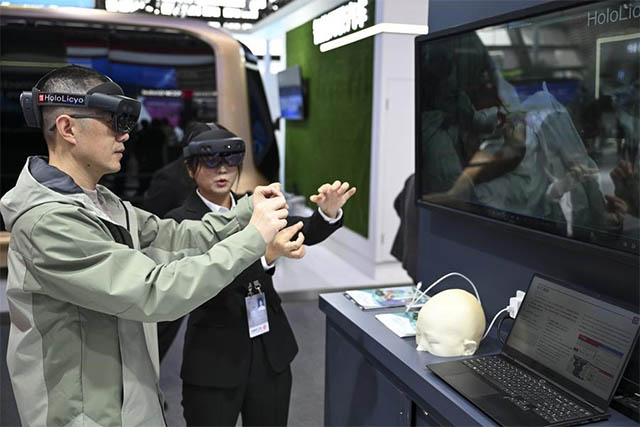
Moves to fast track overseas trained medical specialists coming to work in Australia will do little to improve surgical shortages in regional areas and potentially put lives at risk. or signup to continue reading In fact, introducing more doctors and specialists without the proper support and supervision could see the high standard of Australia's medical system as we know it crumble. The changes from December will see specialists like anesthetists, obstetricians, gynecologists, and psychiatrists from Ireland, New Zealand and the UK treat patients unsupervised just six months after arriving in Australia.
Urologists and other specialists from overseas are expected to be included in the reforms next year. Currently, international medical graduates are assessed in their comparability to an Australian-trained surgeon of equal experience and closely supervised before being allowed to treat patients unsupervised, but that's about to change. That period of supervision within the surgical community establishes vital links for ongoing professional development.

Those links are even more important where surgeon numbers are low as is the case in rural and regional Australia. The proposed accreditation changes will see only six months of loosely defined supervision with no requirement for overseas trained specialists to work in areas of need. We acknowledge the federal government is trying to address the shortage of medical specialists in regional areas but the proposed plan with the Medical Board of Australia is risky and will do little to address the problem.
Data shows that internationally trained surgeons who would qualify under the proposed new rules, will be unlikely to work in areas of need. Already 60 per cent of Australians don't have access to specialist doctors in rural areas. We are already seeing overseas trained specialists added to the fast-track program just weeks after general practitioners were given accreditation to work unsupervised.
Recent data from the Royal Australian College of General Practitioners showed one in five foreign doctors required additional education and professional support, even when their qualifications closely matched those of Australian General Practitioners. It's vital that a collaborative approach be taken between government, medical regulators and colleges together to find a solution without compromising the health of the Australian population. We aren't talking about converting an overseas driver licence here - this is the ability to practice unsupervised and without establishing professional connections to support their integration into the Australian system.
It wasn't so long ago Australia witnessed a court case evaluating deaths attributable to an internationally trained surgeon, and the risks of repetition are real. DAILY Today's top stories curated by our news team. WEEKDAYS Grab a quick bite of today's latest news from around the region and the nation.
WEEKLY The latest news, results & expert analysis. WEEKDAYS Catch up on the news of the day and unwind with great reading for your evening. WEEKLY Get the editor's insights: what's happening & why it matters.
WEEKLY Love footy? We've got all the action covered. WEEKLY Every Saturday and Tuesday, explore destinations deals, tips & travel writing to transport you around the globe. WEEKLY Going out or staying in? Find out what's on.
WEEKDAYS Sharp. Close to the ground. Digging deep.
Your weekday morning newsletter on national affairs, politics and more. TWICE WEEKLY Your essential national news digest: all the big issues on Wednesday and great reading every Saturday. WEEKLY Get news, reviews and expert insights every Thursday from CarExpert, ACM's exclusive motoring partner.
TWICE WEEKLY Get real, Australia! Let the ACM network's editors and journalists bring you news and views from all over. AS IT HAPPENS Be the first to know when news breaks. DAILY Your digital replica of Today's Paper.
Ready to read from 5am! DAILY Test your skills with interactive crosswords, sudoku & trivia. Fresh daily! Advertisement Advertisement.















